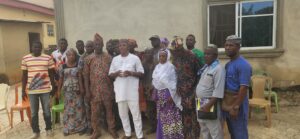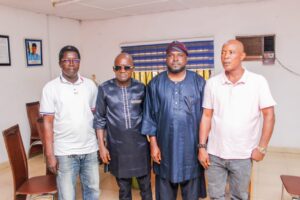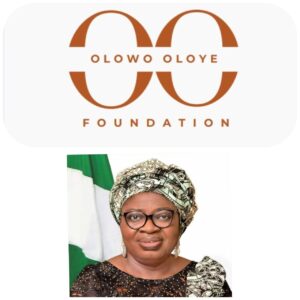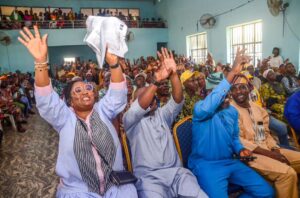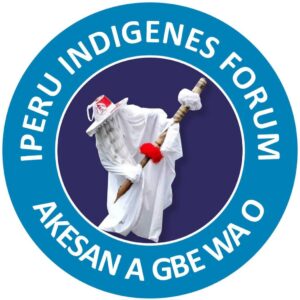Adopting Sole Party Candidates Erodes Democratic Values
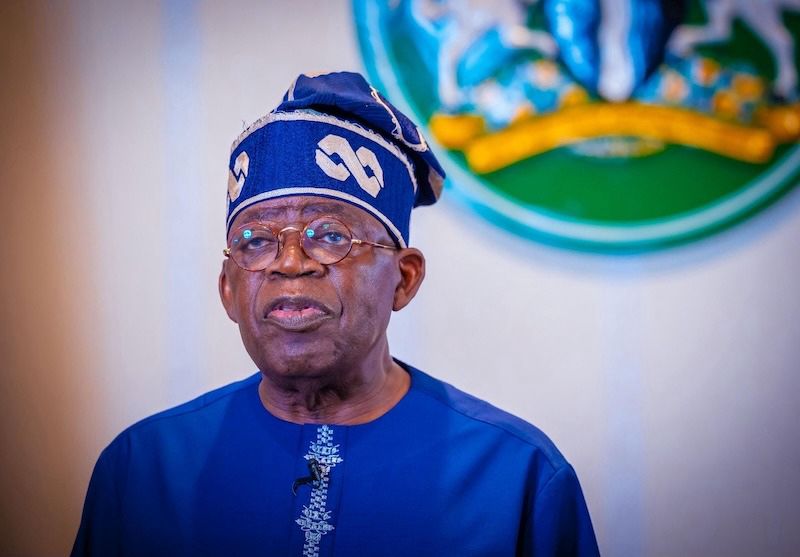
Adopting Sole Party Candidates Erodes Democratic Values
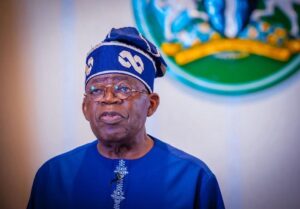
The recent public endorsement of President Bola Tinubu as the sole presidential candidate of the All Progressives Congress (APC) for the 2027 elections—announced during a party summit—blatantly contravenes the 2022 Electoral Act and raises significant concerns about the direction of Nigeria’s democracy.
Such a move sets a troubling precedent that could erode democratic principles well ahead of the next general elections.
Section 84(9) of the 2022 Electoral Act clearly states: “A political party that adopts a consensus candidate shall secure the written consent of all cleared aspirants for the position, indicating their voluntary withdrawal from the race and their endorsement of the consensus candidate.” There is no ambiguity here.
Moreover, Section 11 mandates: “A special convention or nomination congress shall be held to ratify the choice of consensus candidates at designated centres at the National, State, Senatorial, Federal and State Constituencies, as the case may be.”
The APC’s public adoption of a sole candidate without fulfilling these statutory requirements is a brazen disregard for the law and democratic norms.
In well-established democracies, party candidate selection processes are transparent and competitive.
In the United States, major parties hold primary elections or caucuses where party members vote to select their presidential candidates, ensuring broad participation and legitimacy.
The ruling party’s premature and unilateral endorsement of a sole candidate, two years before the election and without an official timetable from the Independent National Electoral Commission, signals a troubling disregard for the democratic process.
Meanwhile, the opposition’s defections to the APC for political expediency further weaken Nigeria’s democratic culture. By abdicating their role as watchdogs, opposition parties are inadvertently enabling the erosion of democratic checks and balances.
Efforts by the Big Tent Coalition Shadow Government, a cross-sectoral think tank established by Pat Utomi to step into the gap created by the opposition party, are being repelled by the institutions of government.
Nigeria’s electoral system has long been plagued by irregularities. The replacement of secret ballot booths with flimsy contraptions that hide nothing facilitated vote-buying and voter intimidation.
The 2012 Ondo governorship election marked a turning point when vote-buying became overt, yet security agencies and electoral officials failed to intervene.
Today, vote-buying and voter-suppression are a great albatross of elections in Nigeria. The latest brigandage is the public adoption of candidates. The seed must be exterminated before it escalates and throws Nigeria into a one-party contraption.
The political climate is sombre. Elections are won by the highest bidder.
In the 2024 local government elections held across more than 20 states in Nigeria, ruling parties emerged victorious despite widespread hunger and hardship—conditions that, under normal democratic circumstances, should have spurred voters to reject underperforming parties. This stands in stark contrast to events in Ghana the same year, where voters held leaders accountable at the polls.
As a result, voter turnout in Nigeria has steadily declined over the years: from 57.54% in 2007 to 53.68% in 2011, 43.65% in 2015, 34.75% in 2019, and a historic low of 26.72% in 2023—the lowest since the return to democracy in 1999. This consistent drop reflects a deepening public disillusionment with an electoral system many now view as manipulated and unfair.
The recent wave of questionable endorsements and political defections may well be part of a calculated effort to influence the outcomes of future elections. Those orchestrating such manipulation must learn from history and proceed with caution. Nigeria has endured numerous political upheavals instigated by opportunistic leaders—and survived them. A stark reminder is the failed self-succession attempt by the late Head of State, Sani Abacha.
While multiparty democracy is essential to a thriving representative government, genuine internal democracy within political parties is equally crucial—it prepares them for healthy competition in the political and electoral arena.
Upholding democracy in Nigeria is a shared responsibility. Citizens, civil society organisations, and the media all have vital roles to play. In a truly democratic system, leaders are held accountable and can be voted out, thereby promoting good governance. Without this, the path is cleared for autocracy and continued misrule.

